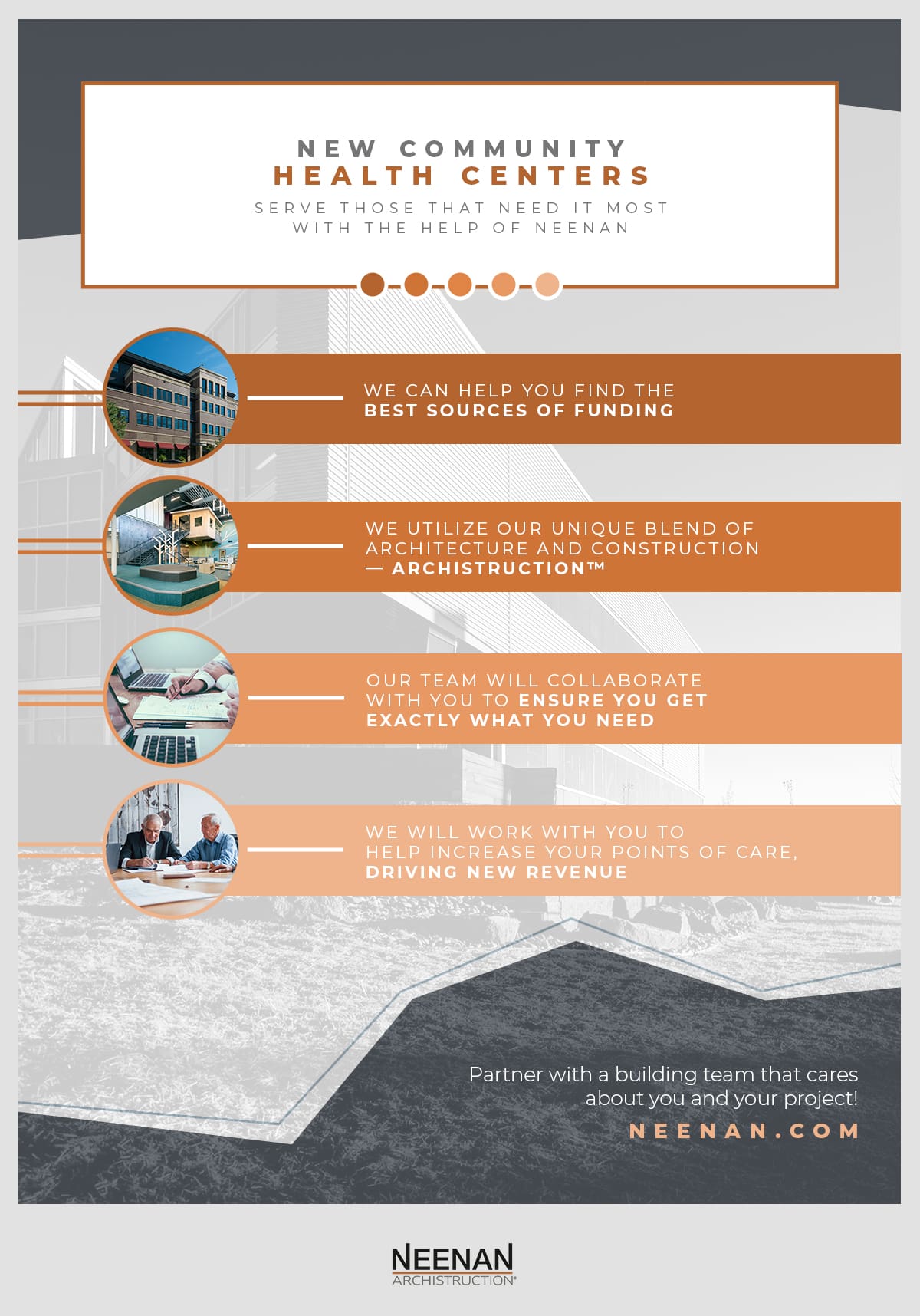Real-World Examples of Lifestyle Ventures: Building Freedom, Flexibility, and Impact
Introduction: What Are Lifestyle Ventures?
Lifestyle ventures are businesses designed to support the founder’s preferred way of living, prioritizing personal freedom , flexibility , and passion-driven work over maximizing profit or rapid growth. These ventures can be scaled according to personal goals and allow entrepreneurs to chart their own paths, often leveraging technology and digital platforms. Whether you seek location independence, creative fulfillment, or a balanced work-life schedule, lifestyle ventures offer actionable models for achieving these outcomes. [1]
Key Characteristics of Lifestyle Ventures
To qualify as lifestyle ventures, businesses typically:
- Enable the founder to choose their work environment and schedule
- Are built around personal interests or skills
- Rely on digital tools or scalable products/services
- May offer recurring revenue streams, passive income, or flexible active involvement
- Focus on sustainability and enjoyment over aggressive expansion
Examples of Lifestyle Ventures
1. Digital Product Creation
Building and selling digital products -such as online courses, ebooks, templates, or video tutorials-empowers founders to generate income with minimal ongoing effort. For instance, Daniel Vassallo sells video courses on building a social media audience and ebooks about self-employment, allowing him to pursue multiple passions while maintaining flexibility. [1]
To get started:
- Identify a skill or area of expertise.
- Create a digital offering (e.g., course, guide, template).
- Market via platforms such as Gumroad, Udemy, or your own website.
- Automate sales and delivery using digital tools.
Challenges include finding the right audience, building trust, and creating compelling content. Many overcome these by offering free samples, gathering testimonials, and iterating based on feedback.
2. Freelancing or Consulting
Freelancing allows specialists to offer services-writing, design, marketing, coding, coaching-on their own terms. Daniel Vassallo, for example, freelances part-time as Head of Product for Gumroad, freeing time for other ventures and personal interests. [1]
Steps to launch:
- Define your niche and target market.
- Set up an online portfolio or profile on platforms like Upwork or LinkedIn.
- Network with potential clients through social media, industry forums, or referrals.
- Negotiate project terms that align with your preferred schedule and workload.
Common challenges include client acquisition and income variability. Solutions involve building a strong reputation, diversifying your client base, and setting clear boundaries.
3. E-Commerce and Subscription Box Services
Launching an ecommerce store or a subscription box service enables founders to deliver curated products to customers worldwide. For example, Birchbox delivers monthly beauty boxes, while Amazon FBA lets entrepreneurs sell branded products with fulfillment handled by Amazon. [3] [5]
How to get started:
- Research product niches that align with your interests.
- Set up a store using platforms like Shopify or Amazon.
- Arrange for product sourcing, packaging, and logistics.
- Market through social media, influencer partnerships, or paid ads.
Challenges include initial investment, inventory management, and competition. Many founders address these by starting small, focusing on niche markets, and leveraging Amazon’s infrastructure for fulfillment.
4. SaaS and Online Memberships
Developing Software-as-a-Service (SaaS) products or membership websites creates predictable, recurring revenue. Founders can build solutions for specific audiences-such as remote work tools or educational platforms-and scale them as passive or active businesses. [1] [4]
Implementation steps:
- Identify a problem you’re passionate about solving.
- Develop a minimum viable product (MVP).
- Gather feedback from early users and iterate.
- Automate billing and user management.
Alternative approaches include partnering with developers or using platforms like WordPress with membership plugins. Challenges often involve technical complexity and initial time investment.
5. Influencer and Creator Brands
Social media influencers and creators frequently convert their online presence into thriving businesses. For example, Charli D’Amelio leveraged her TikTok following to launch fashion, beauty, and snack brands, selling products through direct-to-consumer channels and major retailers. [2]
Actionable steps:
- Grow your audience on platforms like YouTube, TikTok, or Instagram.
- Develop products/services that resonate with your followers.
- Collaborate with established brands or launch your own line.
- Monetize through sponsored content, product sales, or online courses.
Creators face challenges such as platform algorithm changes and brand reputation management; diversifying income streams and engaging directly with followers can help mitigate these risks.
6. Investing and Passive Income Models
Some lifestyle entrepreneurs build freedom through investing, whether in stocks, real estate, or digital assets. By managing a portfolio tailored to personal risk and lifestyle goals, individuals can create semi-passive income streams. [3]
Getting started:
- Study investment fundamentals through reputable sources.
- Choose assets that align with your risk profile.
- Consider passive vehicles like index funds, or more active opportunities such as website investing.
- Consult a financial advisor for personalized guidance.
Challenges include market volatility and learning curve. Mitigate risks through diversification and ongoing education.

Source: skillshub.com
How to Access and Launch Your Own Lifestyle Venture
If you’re ready to begin, consider the following pathways:
- Assess your skills and interests: Identify what you love and what you’re good at.
- Research existing models: Study successful lifestyle businesses for inspiration. Platforms like Shopify, Gumroad, Product Hunt, and Amazon FBA offer case studies and success stories. [1] [3]
- Develop a simple prototype or offering: Start small with a pilot product, service, or campaign.
- Leverage digital platforms: Use established ecommerce, course, and freelance marketplaces to reach your audience.
- Iterate and adapt: Gather feedback, refine your approach, and expand as you gain confidence.
- Consider alternative approaches: If direct entrepreneurship isn’t suitable, explore investing, remote work, or part-time freelancing.
If you need step-by-step guidance, search for online courses on business design, follow #buildinpublic communities on social media, or consult with a mentor. Many platforms offer free resources, webinars, and guides to help you get started. For investing, consider speaking with a certified financial advisor or using official resources from agencies like the U.S. Securities and Exchange Commission.

Source: stradario2f6dblearning.z14.web.core.windows.net
Potential Challenges and Solutions
Common challenges include:
- Uncertainty in income: Diversify revenue streams and build recurring income models.
- Marketing and audience growth: Focus on authentic engagement, utilize content marketing, and seek collaborations.
- Time management: Set clear boundaries and automate processes where possible.
- Technical barriers: Use no-code tools, hire freelancers, or partner with experienced developers.
Solutions typically involve ongoing learning, networking, and leveraging community support.
Alternative Approaches
If traditional business models don’t fit, consider:
- Remote work arrangements with flexible employers
- Passive income through investments or digital assets
- Part-time consulting or freelance projects
- Building a portfolio of small bets (multiple small ventures)
Each approach can be tailored to your individual lifestyle goals and risk tolerance.
Conclusion: Designing Your Own Lifestyle Venture
Lifestyle ventures offer a path to greater control, fulfillment, and flexibility. By studying successful models, leveraging digital tools, and focusing on your unique strengths, you can build a business that supports the way you want to live. Begin with a small step, seek guidance from established platforms, and adapt as you grow.
References
- [1] Shopify (2024). 8 Lifestyle Business Ideas to Start in 2024.
- [2] Fourthwall (2024). 10 Creator Business Success Stories for Inspiring Entrepreneurs.
- [3] Jase Rodley (2025). Lifestyle Business: Ideas, Examples & How to Get Started.
- [4] GrowthMentor. Lifestyle Business – Glossary.
- [5] Designveloper (2025). 10 Lifestyle Startup Ideas for 2025.
MORE FROM cheerdeal.com













